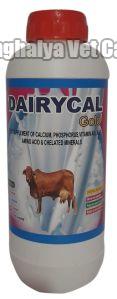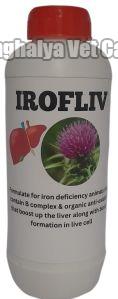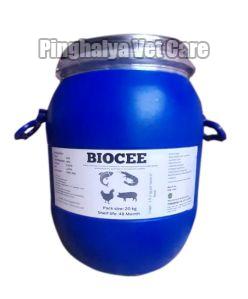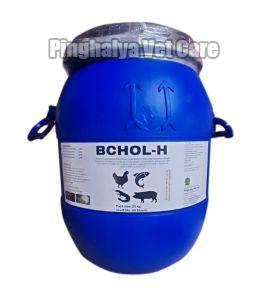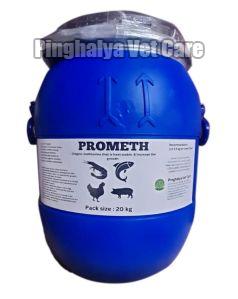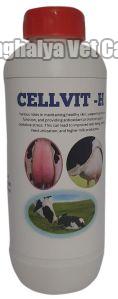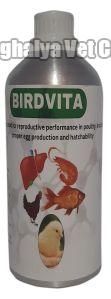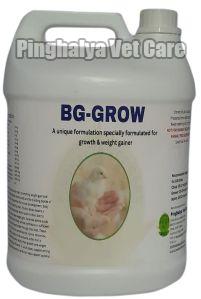- Navin Nagar, Saharanpur, Uttar Pradesh
- GST NO. : 09CYRPK4294B1Z1
- View Mobile Number
500 Piece (MOQ)
| Business Type | Manufacturer, Supplier |
| Brand Name | UT4TONE |
| Form | Liquid |
| Medicine Type | Tonic |
| Click to view more | |
Preferred Buyer From
| Location | Worldwide |
Product Details
Advantages
Retention placenta is a condition that can occur in ruminant animals, such as cows, sheep, and goats. It refers to the failure of the placenta to be expelled from the uterus within a normal timeframe after giving birth. The placenta is the organ that connects the developing fetus to the uterus during pregnancy, and its retention can lead to various complications. Causes: Hormonal imbalances: Hormonal imbalances, specifically related to the release of oxytocin, prostaglandins, and estrogen, can affect the normal uterine contractions required for the placenta to detach and be expelled. Nutritional deficiencies: Inadequate nutrition, particularly deficiencies in selenium, vitamin E, and certain minerals, can increase the risk of placental retention. Difficult or prolonged labor: Dystocia or difficult labor can contribute to placental retention. If the birthing process is prolonged or if there are complications, it may interfere with the normal detachment and expulsion of the placenta. Infection: Uterine infections, such as metritis or endometritis, can disrupt the normal uterine contractions and increase the likelihood of placental retention. Effects and Complications: Retained placenta can have several negative effects and complications for the affected animal, including: Delayed uterine involution: The retention of the placenta can hinder the normal process of uterine involution, where the uterus returns to its pre-pregnancy state. This delay can prolong the postpartum recovery period. Uterine infections: The retained placenta can act as a source of infection, providing a favorable environment for bacteria to multiply. This can lead to uterine infections, which can cause fever, reduced fertility, and other health issues. Reduced fertility: Retained placenta can impact the reproductive performance of the animal. It may lead to delayed estrus (heat) and interfere with the normal cyclical hormonal patterns, reducing the chances of successful conception. Metabolic disturbances: The retained placenta can trigger an inflammatory response in the animal, potentially leading to metabolic imbalances, such as reduced feed intake, weight loss, and decreased milk production.
Recommended
Large Animals: Loading dose 200 ml. first day immediately after calving followed by 100 ml. next three day Small Animals: 100 mi. first day followed by 50 ml. next three days double the dose for animals having a weight of about 400 kg
Indication
- Retention of the placenta
- Dystocia
- Endometritis
- Cervicitis
- Pyometra
- Para metritis
- Repeat metritis
- Presentation: 500 ml & 1 liter
- Shelf life: 36 month
Specification
|
Trachyspernum ammi Syzygiumncumini Rosa indica Vitex negundo Plumbagoi zeylanica Cotton root Piper longum laptadenia rateculata Acacia nilotica Valeriana Abroma augusta Zingiber officianalis Aconiticum ferox Mustard seed Cinnamommum tamala Aloevera Spaindus mukorosis Citrullus colocynth Bamboos leaf Calcium lactate Ferrous gluconate Niacinamide Cobalt chloride Copper Zinc
|
100 mg 200mg 80mg 100mg 150mg 200mg 1000mg 1500mg 400mg 150mg 80mg 200mg 170mg 200mg 20mg 300mg 140mg 200mg 150mg 2000mg 1500 mg 1000mg 2500 mg 500 mg
|



